Freeman’s Challenge: The Murder That Shook America’s Original Prison for Profit by Robin Bernstein
Freeman’s Challenge: The Murder That Shook America’s Original Prison for Profit
In the early nineteenth century, as slavery gradually ended in the North, a village in New York State invented a new form of unfreedom: the profit-driven prison. Uniting incarceration and capitalism, the village of Auburn built a prison that enclosed industrial factories. There, “slaves of the state” were leased to private companies. The prisoners earned no wages, yet they manufactured furniture, animal harnesses, carpets, and combs, which consumers bought throughout the North. Then one young man challenged the system. In Freeman’s Challenge, Robin Bernstein tells the story of an Afro-Native teenager named William Freeman who was convicted of a horse theft he insisted he did not commit and sentenced to five years of hard labor in Auburn’s prison. Incensed at being forced to work without pay, Freeman demanded wages. His challenge triggered violence: first against him, then by him. Freeman committed a murder that terrified and bewildered white America. And white America struck back—with aftereffects that reverberate into our lives today in the persistent myth of inherent Black criminality. William Freeman’s unforgettable story reveals how the North invented prison for profit half a century before the Thirteenth Amendment outlawed slavery “except as a punishment for crime”—and how Frederick Douglass, Harriet Tubman, and other African Americans invented strategies of resilience and resistance in a city dominated by a citadel of unfreedom. Through one Black man, his family, and his city, Bernstein tells an explosive, moving story about the entangled origins of prison for profit and anti-Black racism.
About the Speaker
Robin Bernstein is a cultural historian who specializes in the history of race and racism over the past two centuries. She teaches at Harvard, where she is the Dillon Professor of American History and Professor of African and African American Studies and of Studies of Women, Gender, and Sexuality. She wrote Freeman’s Challenge: The Murder that Shook America’s Original Prison for Profit with fellowships from the National Endowment for the Humanities and the Radcliffe Institute for Advanced Study. Bernstein’s previous book, Racial Innocence: Performing American Childhood from Slavery to Civil Rights, won five awards. She has also written a Jewish feminist children’s book, many prize-winning articles, and op-eds and essays in the New York Times, The Chronicle of Higher Education, and other venues. She recently received the Everett Mendelsohn Excellence in Mentoring Award.
Lisa L. Biggs, Ph.D., is the John Atwater and Diana Nelson Assistant Professor of the Arts and Africana Studies at Brown University. She is an Africana and Performance Studies scholar, actress, and playwright whose work explores performance’s role in social justice movements. Her book, The Healing Stage: Black Women, Incarceration, and the Art of Transformation (2022), has received multiple awards, including the Errol Hill Award. With over two decades of acting experience, her stage credits span prominent theaters, and her original plays, like AFTER/LIFE, reflect her passion for history and community engagement. Dr. Biggs’s scholarship appears in publications such as Theatre Survey and Black Acting Methods.

